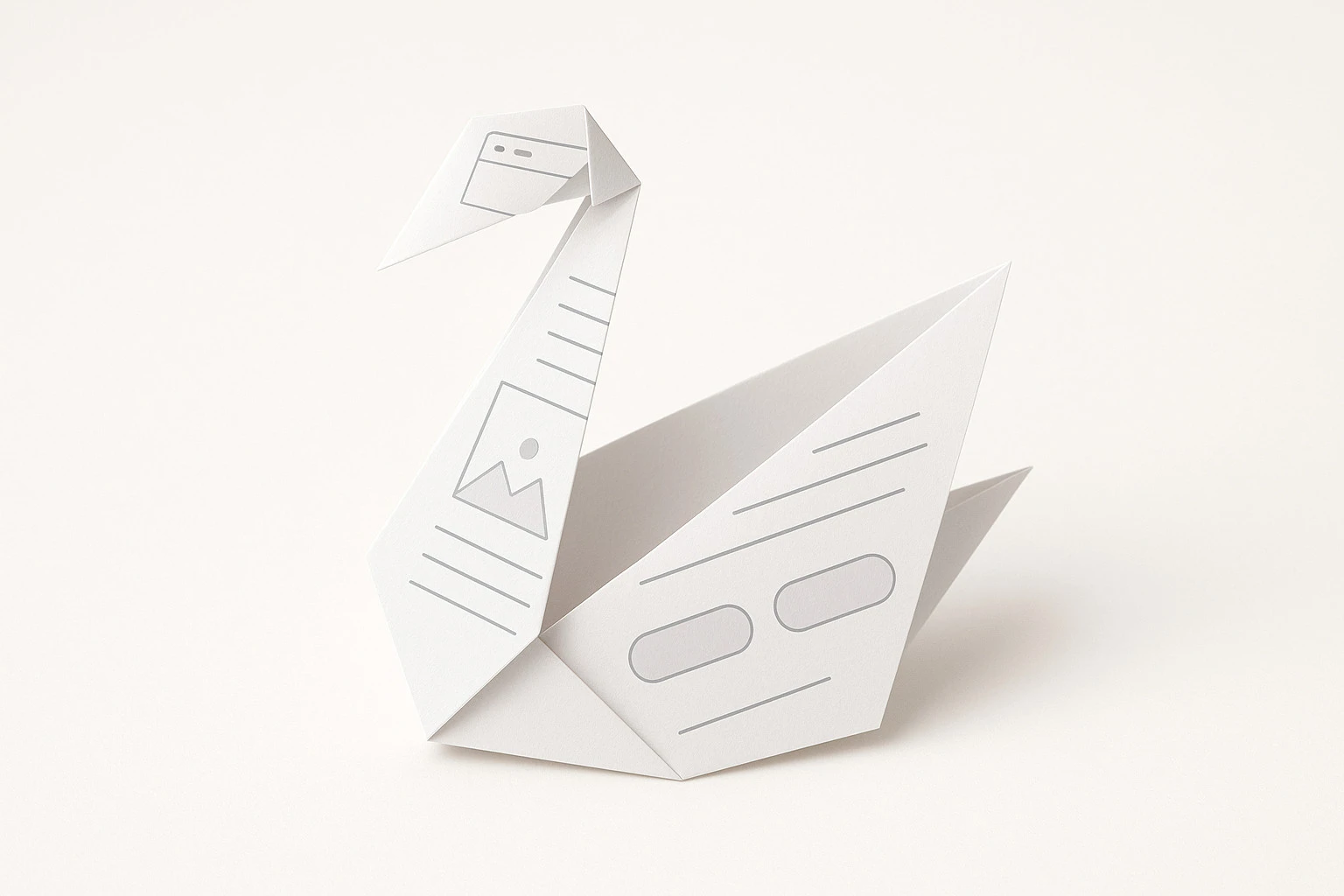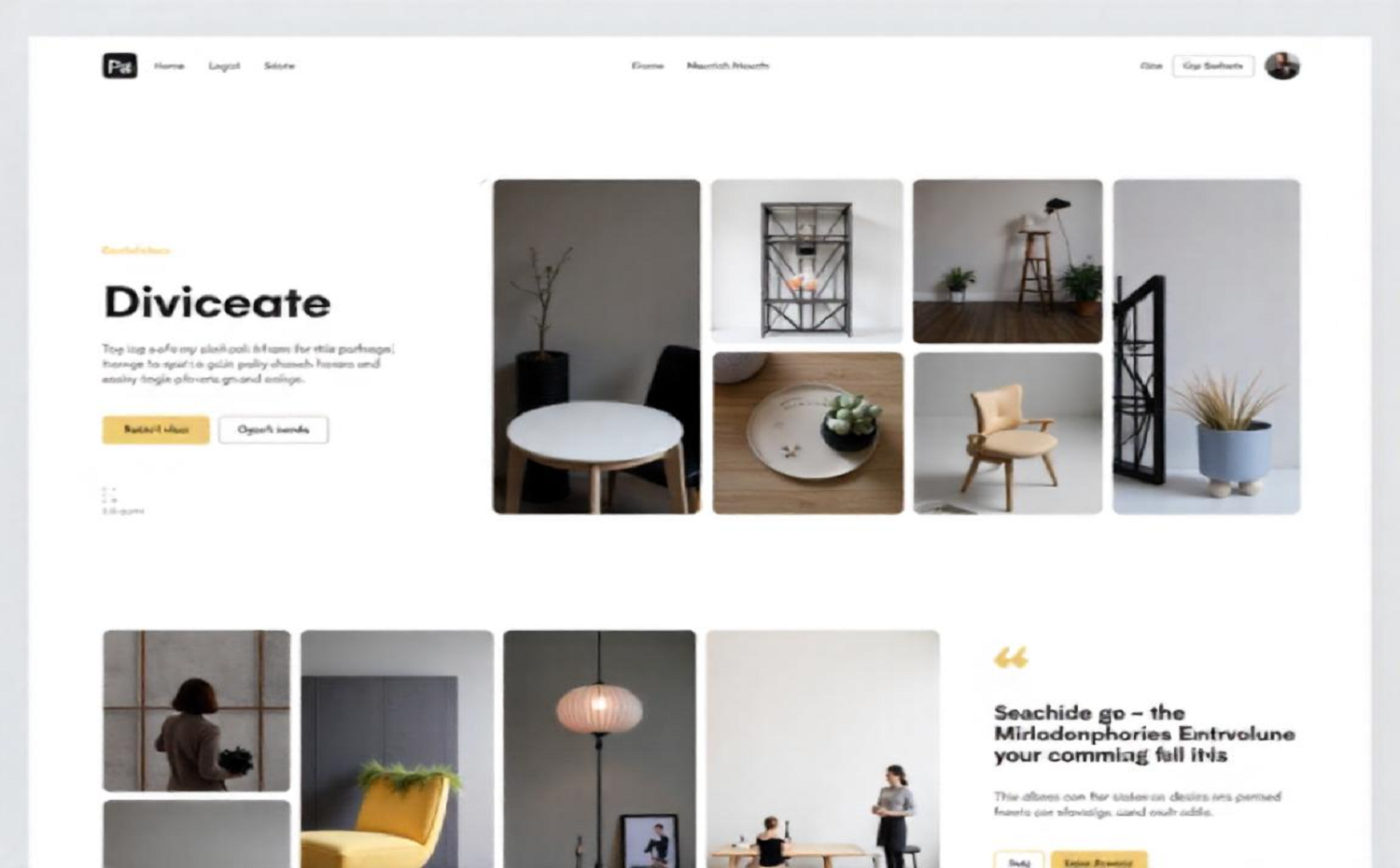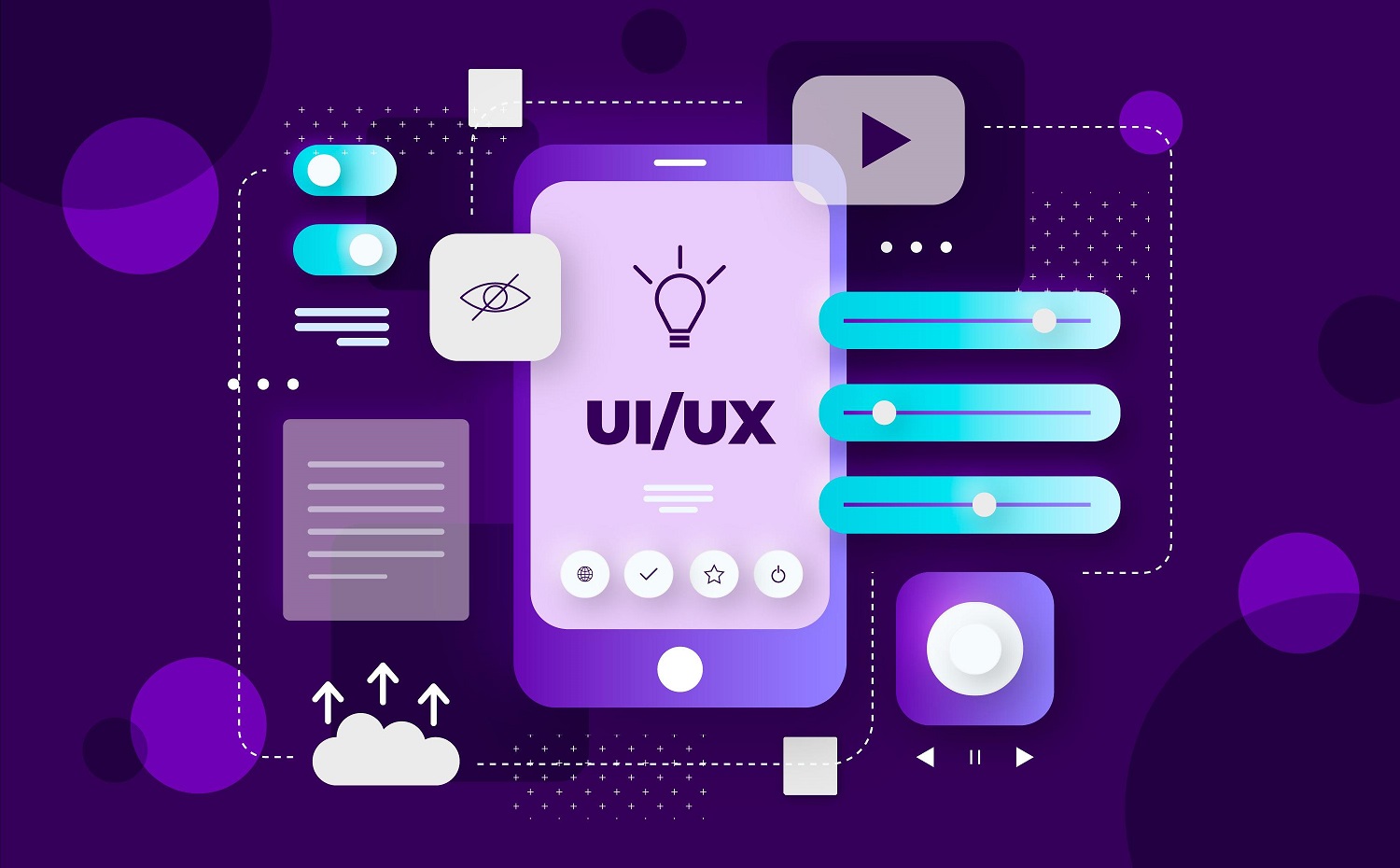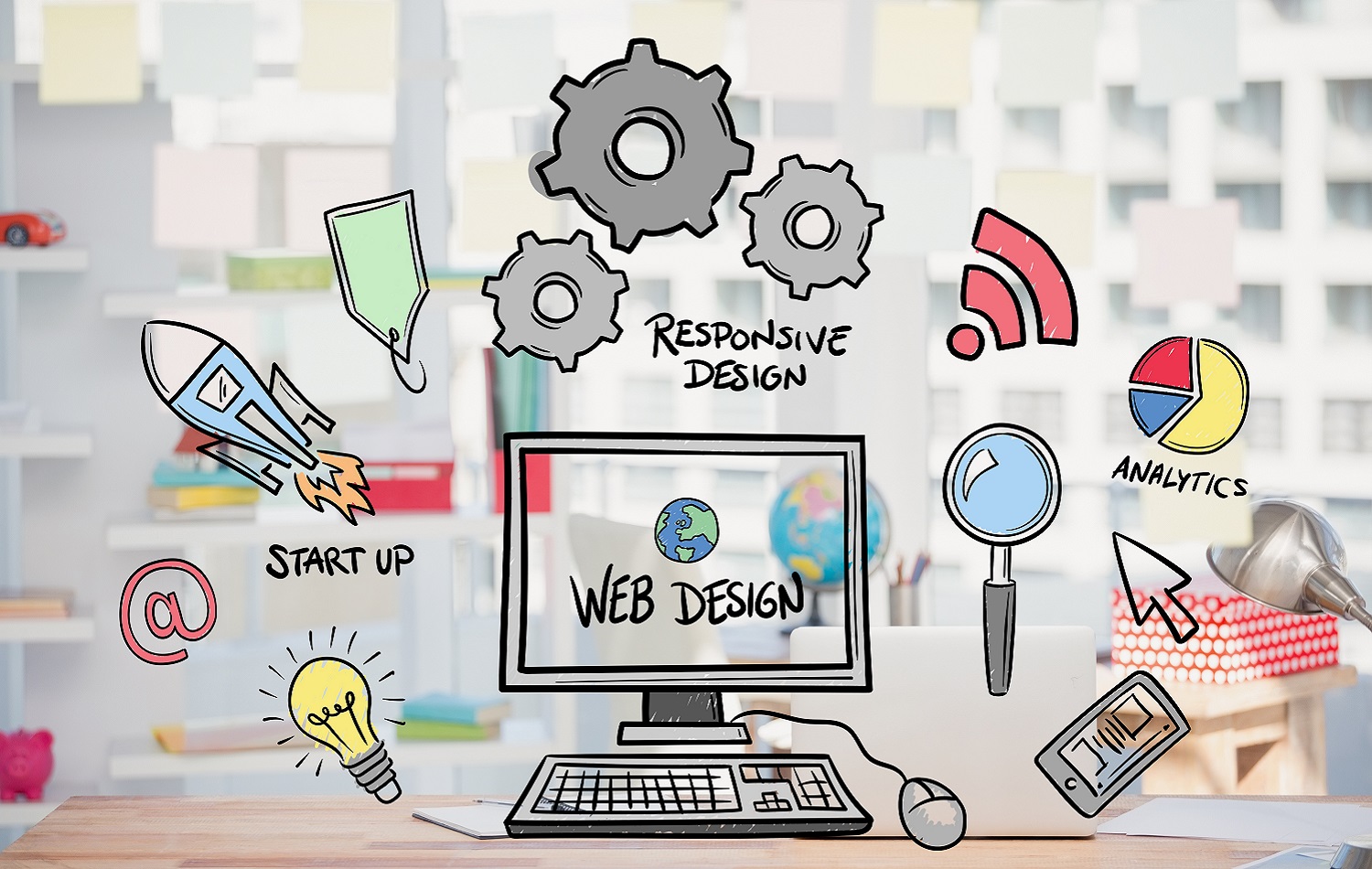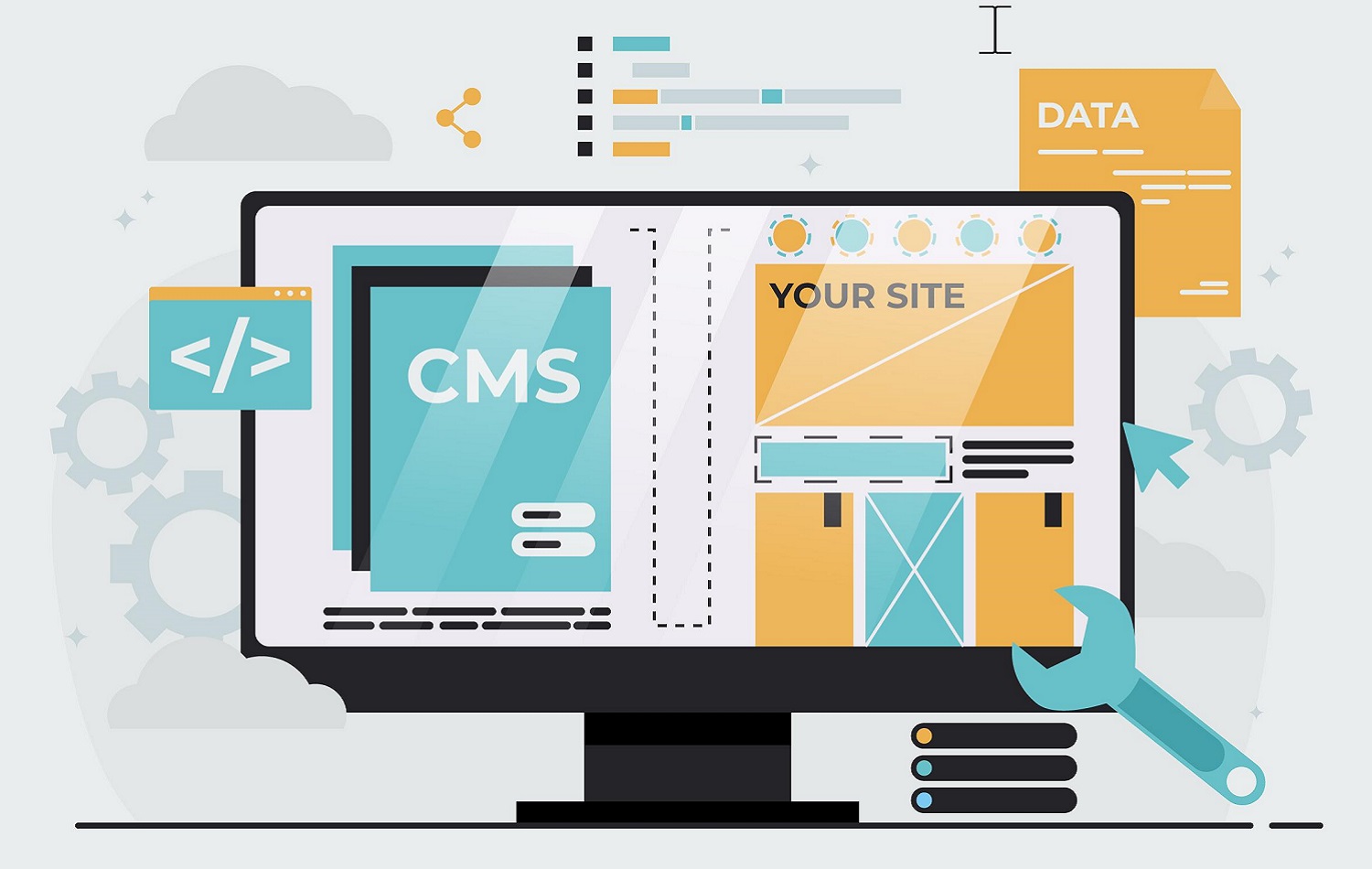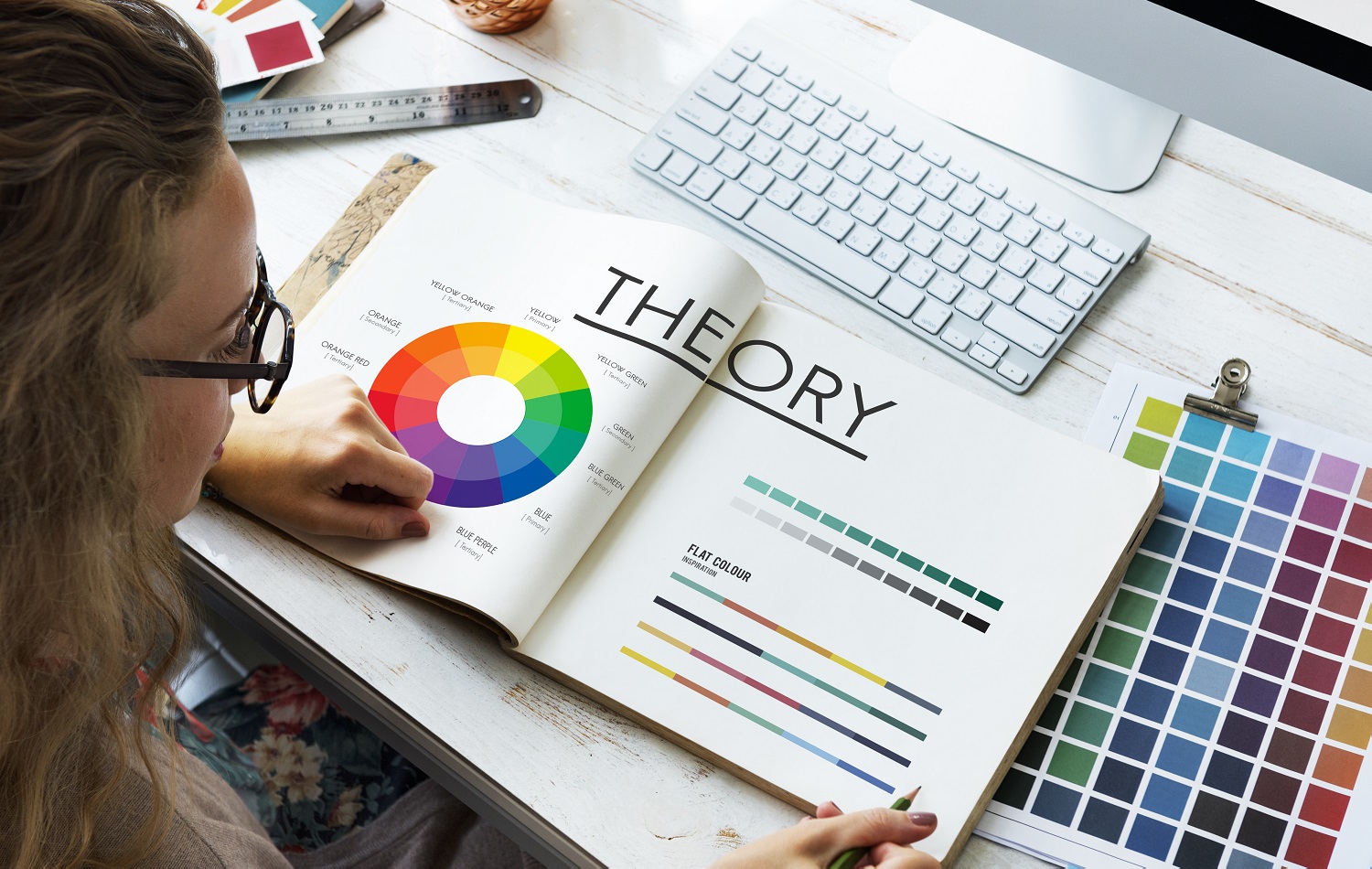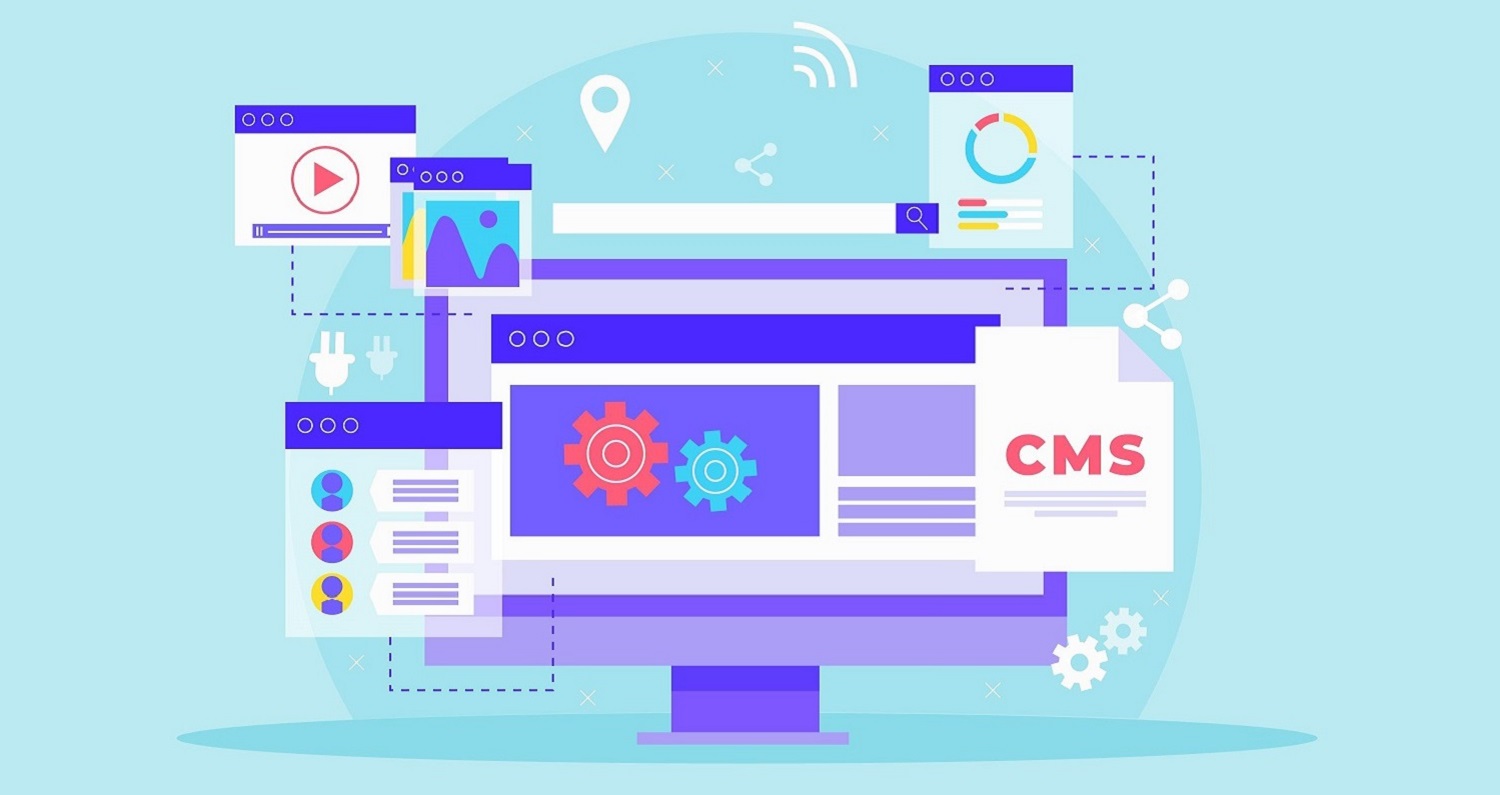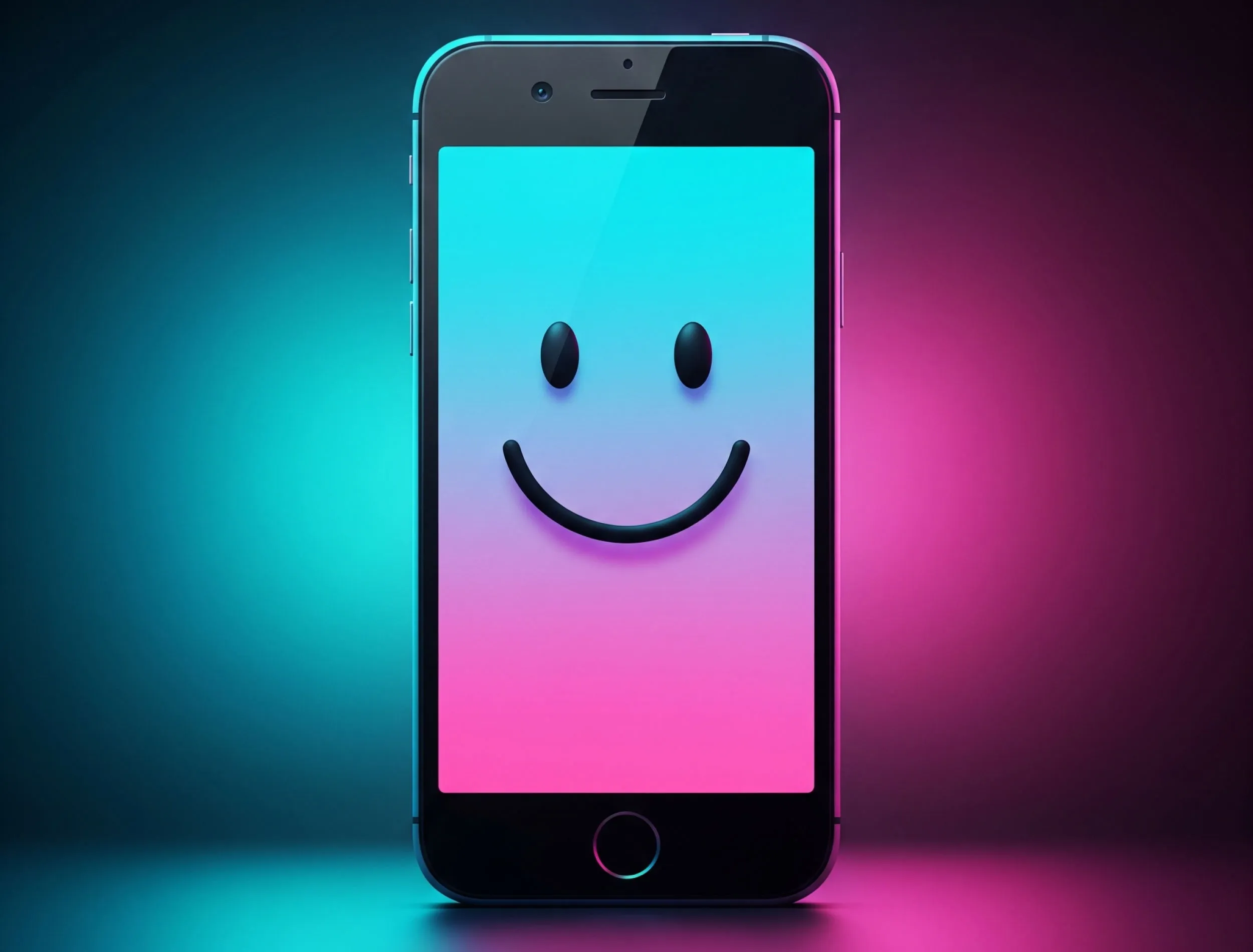The digital world has taken a quantum leap in the last 20 years. Blue Flamingo has turned 20 so we thought we’d take a look back at some of the major digital milestones that have brought us to where we are today.
1998

While we were struggling with lackluster, cluttered search engines such as AltaVista and Yahoo, Edward Kasner and James Newman come up with an alternative. They give it a clean interface, algorithms that deliver accurate search results … and call it Google.
The first smartwatch is unveiled by Steve Mann which he claims as the “father of wearable computing”.
Paid online entertainment subscription service Netflix is released as the world’s first online DVD rental store.
1999
Samsung make it possible to make calls from a smartwatch.
Money transfer service PayPal launches to facilitate online shopping.
2000
The world’s first Internet-connected refrigerator, the LG Internet Digital DIOS is introduced; a evolution that marks the beginning of the Internet of Things or IoT.
2002

Blackberry launches arguably its first convergent smartphone which supports push email, text messaging, faxing, web browsing and other Internet services.
The first version of programming language ASP.net is released by Microsoft.
2003
WordPress is founded as an open source content management system, now powering 1 in 3 websites on the planet.
2004

Originally designed as a “hot or not” game for Harvard students, Mark Zuckerberg launches Facebook (originally The Facebook) with his fellow student and friend Eduardo Saverin. Facebook now has over two billion active users.
2005

Google Maps is launched wowing users with real-time satellite imagery of streets, 360° panoramic views and traffic conditions to enable accurate route planning.
Google buys YouTube for $1.65B.
2007
Apple launches the iPhone. The mobile phone will never be the same again.
Mobile operating system Android is launched by Google, which is soon followed by the first commercial Android device.
2008
Markup language HTML 5 is released allowing web designers much more graphical freedom when building websites. This marks the start of the end for Flash, with the iPhone already failing to support the previously popular animation platform.
Google’s Chrome browser is launched.
2009

Former Yahoo employees Brian Acton and Jan Koum launch a real-time messaging service called WhatsApp. Five years later it was acquired by Facebook and currently has over 1 billion users across the world.
The first ever decentralized cryptocurrency, Bitcoin, is introduced as a new electronic cash system underpinned by a peer-to-peer network.
2010

Photo and video sharing platform Instagram is launched exclusively for iOS users, a couple of years later it becomes available for Android users too.
Siri, a voice-controlled personal assistant, is introduced as a stand-alone application for the iOS.
Apple unveils its first tablet which they call iPad.
Motion sensing hits the mainstream with the launch of Xbox 360. It’s the first gaming device to track human body movement with a 3D camera and infrared detection.
2011
Apple integrate Siri within the newly launched iPhone 4S.
Stripe is launched for streamlining banking services, now a favorite amongst web developers for its ease of set up and integration.
2012
Microsoft launches the Surface tablet and at the same time releases the most radical redesign of Windows since 1995, known as Windows 8. The new operating system embraces touchscreen gesture control while retaining mouse and keyboard inputs.
2013

Google Glass is launched allowing users to reply to emails, take photos and record video through a pair of glasses.. Introduced as one of the pioneers of ‘smart glass’ innovation, Google has now come up with an enterprise dedicated to smart glass advancements.
Amazon announces Alexa alongside the Echo, an AI-enabled virtual assistant. It’s capable of voice interaction, music playback, setting alarms, providing weather, traffic, sports, and other real-time information, such as news. Alexa can also control several smart devices using itself as a home automation system.
2015
Apple releases its first smartwatch, Apple Watch, which quickly becomes the best-selling wearable device on the market.
2016
Google launches its own AI-enabled personal assistant along with Google Home smart speaker integrated with home automation technology.
2017

Apples launches FaceID, bringing this technology to the mainstream, allowing users of its new iPhone X to unlock their phones and pay for items using their face.
Reinforced learning introduces a new dimension to Artificial Intelligence enabling computers to figure out how to do things that no programmer could teach them.
2018
Mobile Augmented Reality steals the show with Apple introducing new technology including the capability to for 3D object detection.
General Data Protection Regulation (GDPR) comes into force in the EU and is designed to modernise laws that protect the personal information of individuals (sorry to end on with perhaps the dullest item on our list!).
Have we missed anything? And what do you think will be the big thing(s) for 2019? Email us mark@blueflamingo.co.uk.


